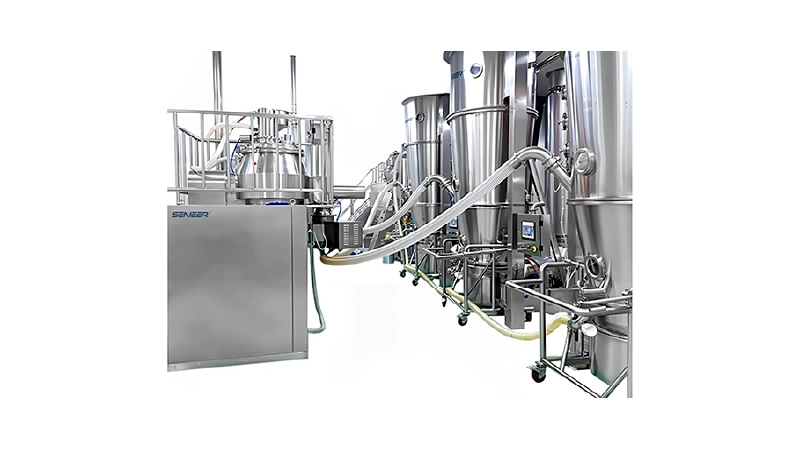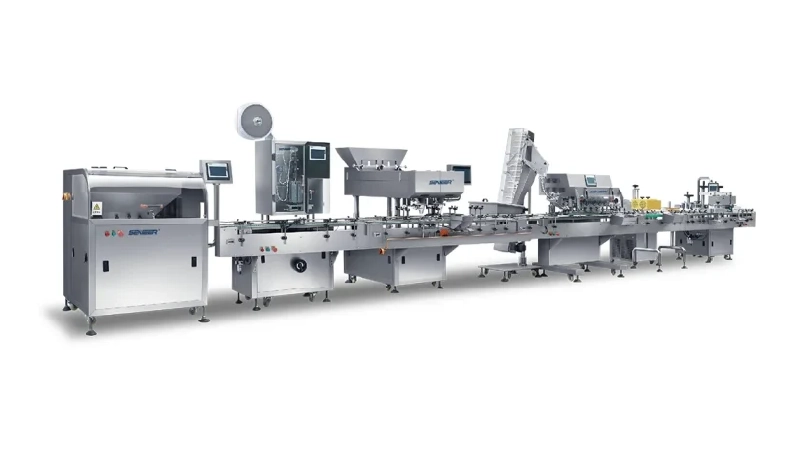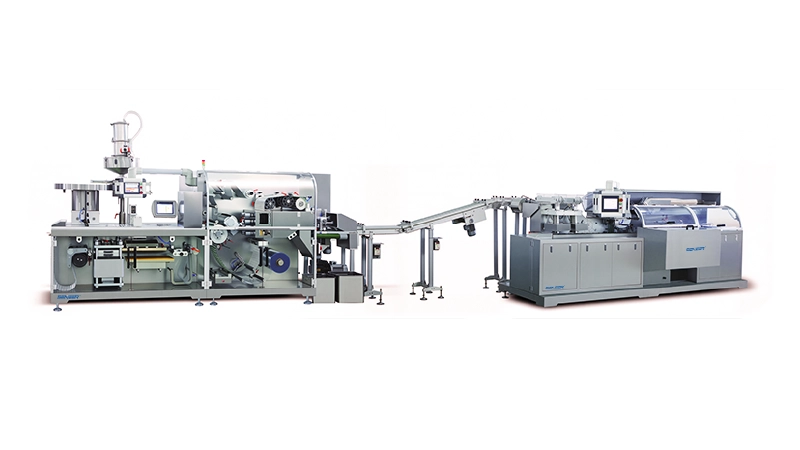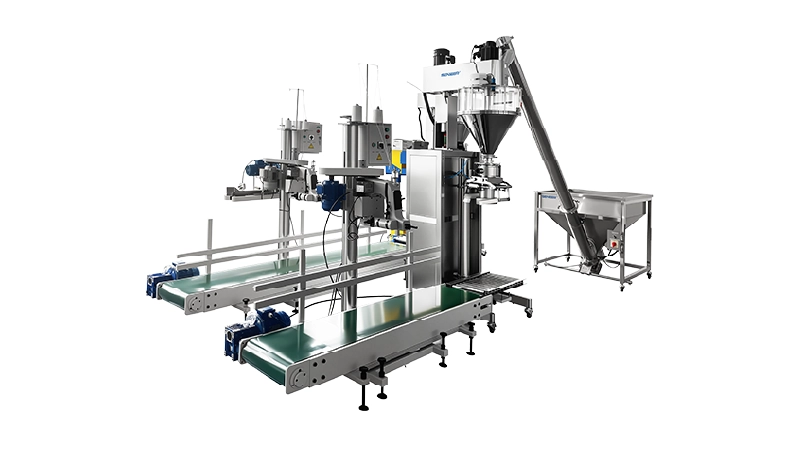Drug R&D is a high-investment, high-risk, and long-term project. For example, the chemical drug R&D process includes the identification of lead compounds in the initial laboratory, lead compound optimization, preclinical animal experiments, and clinical trials.
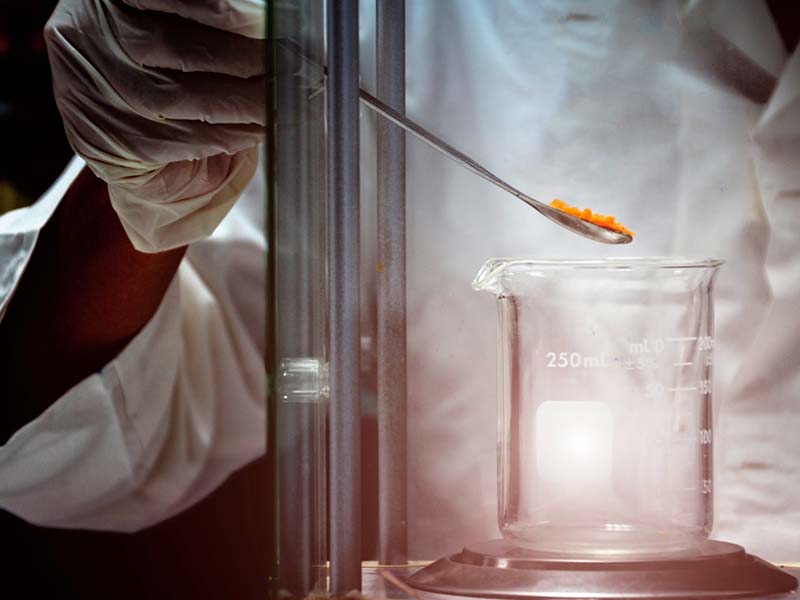
The goal of drug development is to design a high-quality product and a manufacturing process that can consistently produce a product at its intended level of quality. APIs are active ingredients in preparations, and refer to raw materials used to produce various preparations. Generally speaking, an API needs to go through laboratory research, small-scale trial production, pilot production, and industrial production from research and development to production. and other stages.
Part 1 Exploratory Stage Of New Drug Development: Laboratory Research
In this stage, repeated fractionation, multiple recrystallization, various chromatographic techniques and other separation and purification methods will be used to prepare a small amount of samples for pharmacological screening. Obviously, such a synthesis method is far from industrial production. The laboratory research stage is more important in the chemical drug R&D process. The main tasks of this stage are:
- Understand whether there are intellectual property rights issues in the synthetic route and whether the production cost is acceptable;
- Rationally design the compound to complete the synthesis of the compound as soon as possible;
- Take various means to confirm the chemical structure of the compound;
- Determination of the main physical parameters of the compound;
- Do not do too much research on the synthesis method of the compound, only need to understand the general properties of the compound.
Part 2 Small-Scale Trial Production Stage
After the emergence of new drugs is determined, small-scale research is required. The main task of the small-scale stage is to carry out comprehensive and systematic reforms of the original synthesis routes and methods in the laboratory. On the basis of the reform, through batch synthesis and data accumulation in the laboratory, proposed A synthetic process route basically suitable for pilot scale production.
In order to research and determine an optimal synthetic process route, it needs to do:
- Through small-scale research, get rid of those synthetic steps and methods that are not in line with industrial production in the laboratory;
- In the small test stage, it is necessary to find out whether the use of industrial grade raw materials and solvents will interfere with the reaction and whether it will affect the yield and quality of the product; find out the best reaction conditions and conditions suitable for the production of industrial grade raw materials through small test research. Processing methods to achieve low price, high quality and high yield;
- Through small tests to find out the recycling methods of raw materials and solvents to reduce production costs;
- Through small-scale research, try to remove the synthetic reaction involving toxic substances and harmful gases, and consider the three wastes when choosing a process route.
Part 3 Pilot Production Stage
According to the feasible scheme of industrialization research based on small-scale experiments, further study the changing law of chemical reaction conditions in each step in a certain scale of equipment, and solve the problems that cannot be solved or found in the laboratory, and provide design basis for industrial production.
Pilot production of raw materials is also an expansion of small-scale production of raw materials. The main tasks of pilot production are as follows:
Verify Whether The Experimental Process Route Meets The Industrial Production Conditions
Assess whether the synthetic process route provided by the small test has special requirements in terms of process conditions, equipment, raw materials, etc., and whether it is suitable for industrial production. A qualified process should be able to produce products that meet quality requirements stably and continuously.
To Verify The Economy Of The Small Test Process Route
Verify whether the synthetic process route provided by the small test is mature and reasonable, and whether the main economic and technical indicators are close to the production requirements;
In the process of scale-up pilot study, the process route should be further assessed and improved, and basically stable data should be obtained for each reaction step and unit operation.
Quality Control Of APIs, Intermediates And Products
According to the results of the pilot study, formulate the quality standards of intermediates and finished products, as well as the analysis and identification methods.
Determine The Process Parameters Of The Pilot Test
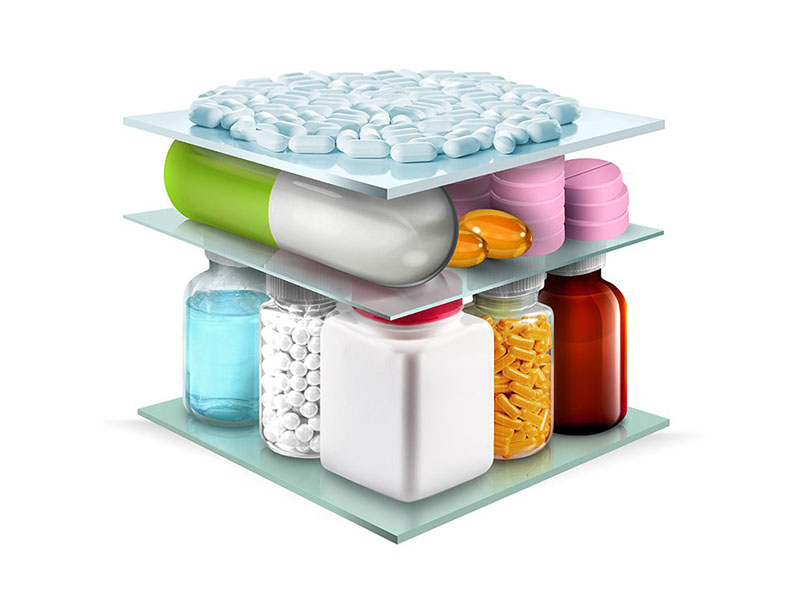
The batches for preparing intermediates and finished products are generally not less than 3-5 batches, so as to accumulate data, improve pilot production data, and provide data for formal production. The accumulation of process data has at least two meanings: on the one hand, it helps to judge the relationship between process feasibility, stability and product quality reproducibility; Establish.
Carry Out Production Cost Accounting
According to the raw materials, power consumption and working hours, etc., the preliminary calculation of economic and technical indicators is carried out, and the production cost is proposed to provide the optimal material quantity and material consumption for formal production.
Recycling And Applying Reagents, And Disposing Of The Three Wastes
Carry out step-by-step planning for each step of materials, and propose measures for recycling and reusing and three wastes treatment.
Establishment Of Pilot Test Process Regulations
The technological process of the entire synthetic route, the technological procedures of each unit operation, and the requirements and systems for safe operation are put forward.
The pilot test platform is an incubator for the industrialization of pharmaceuticals, which acts as a link between scientific research and production, and is inseparable from pharmaceutical manufacturers. The pilot test platform implements GMP management, which provides complete product standards and process regulations for industrialization, and solves the key technologies for large-scale production. For the pilot test platform, the planned management promotes the manufacturability of products, improves the conversion rate of products, and guarantees the quality of products. Quality and other aspects are of great significance.
Part 4 Industrial Production Stage
The industrialized production of APIs has two important purposes, one is to use in the production of corresponding preparations, and the other is to sell them at home and abroad in the form of APIs and chemical raw materials. In the process of transferring a process from the laboratory to the factory, from the sample to the product, the most critical stage is the route optimization stage, which is the cornerstone of a successful transfer to production.
With the global industrial division of labor and the gradual stripping of production links by large pharmaceutical companies, the market for patented APIs will further expand. The CMO/CDMO industry has ushered in the blue ocean era, and the market for patented APIs is expected to burst into new vitality.






